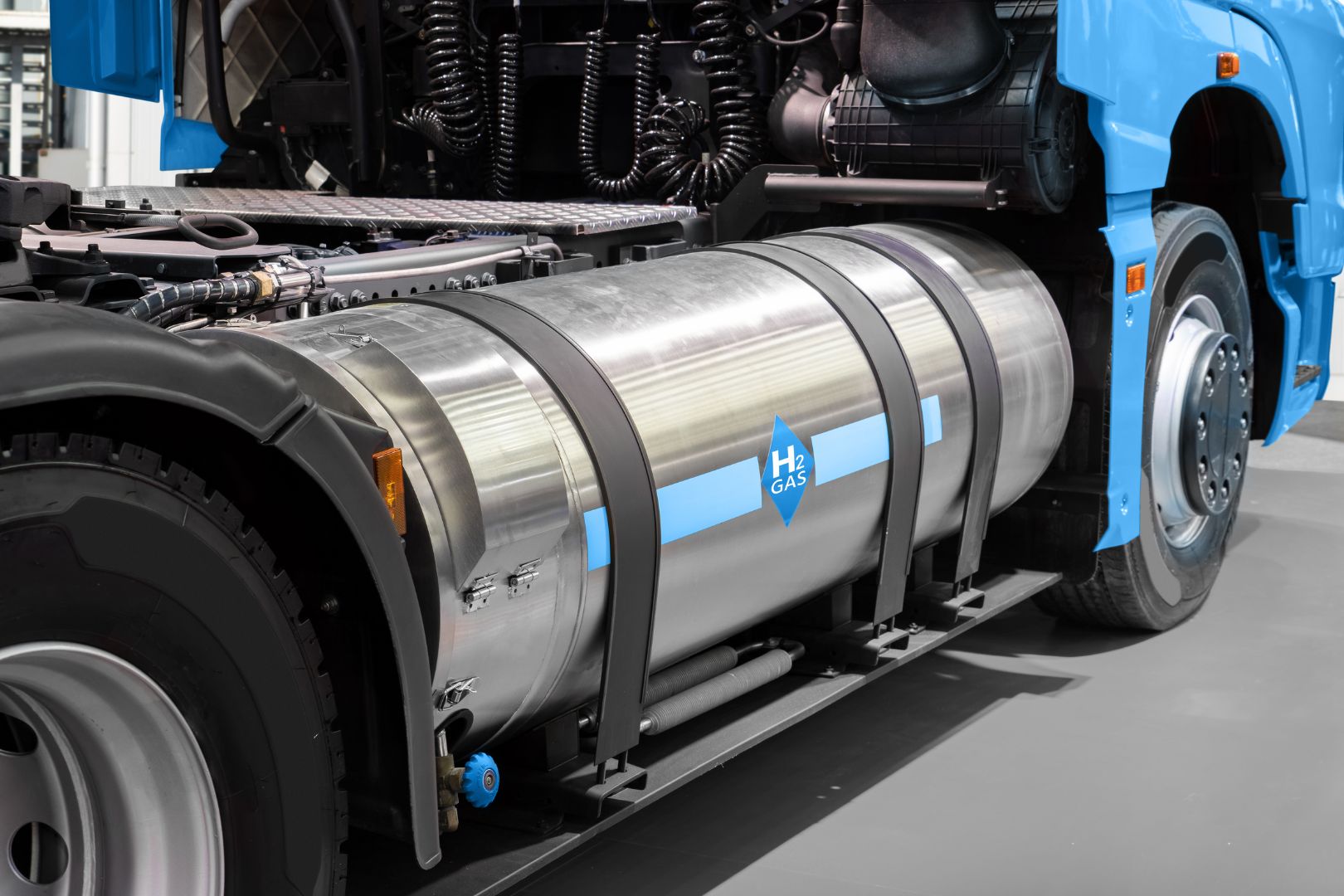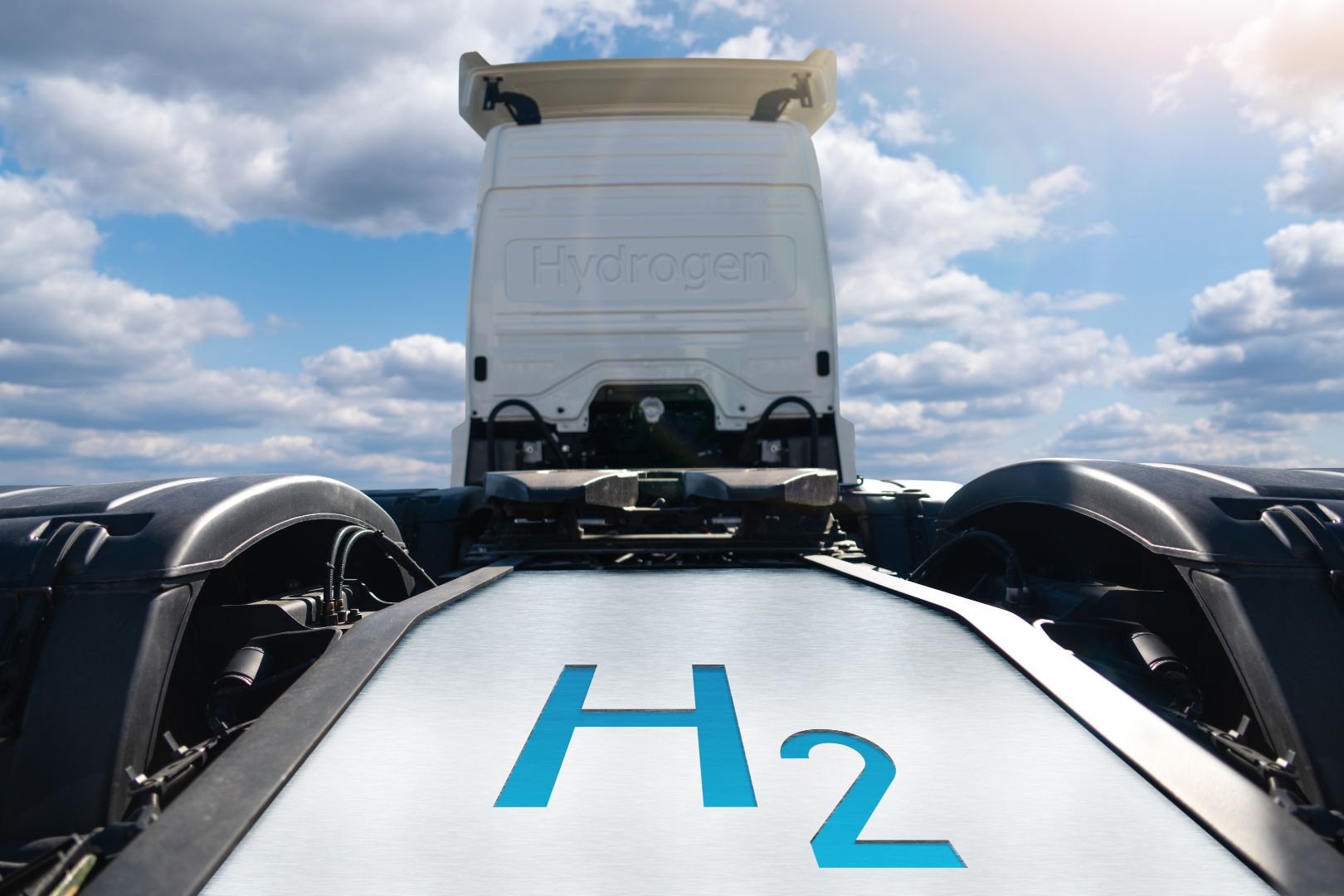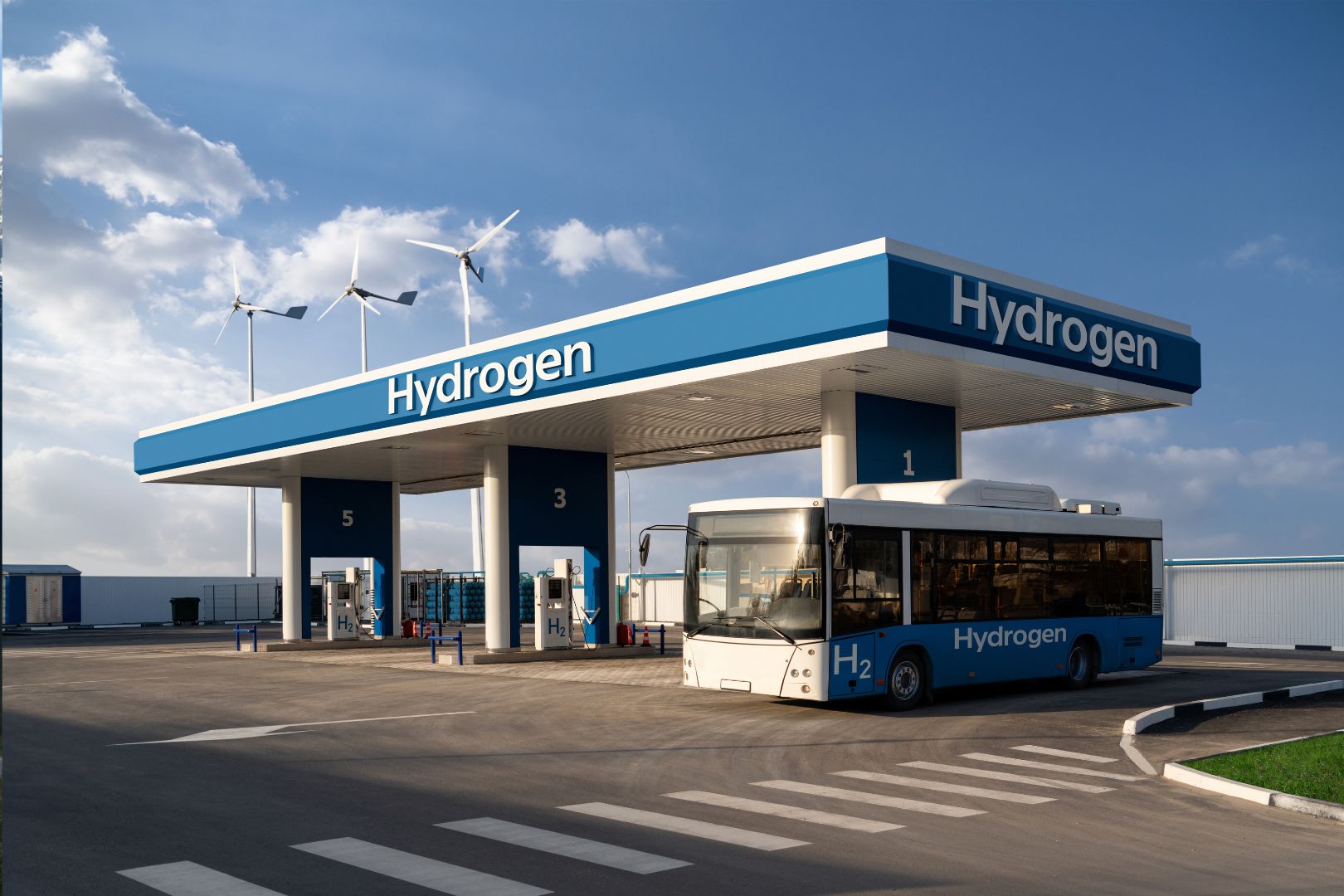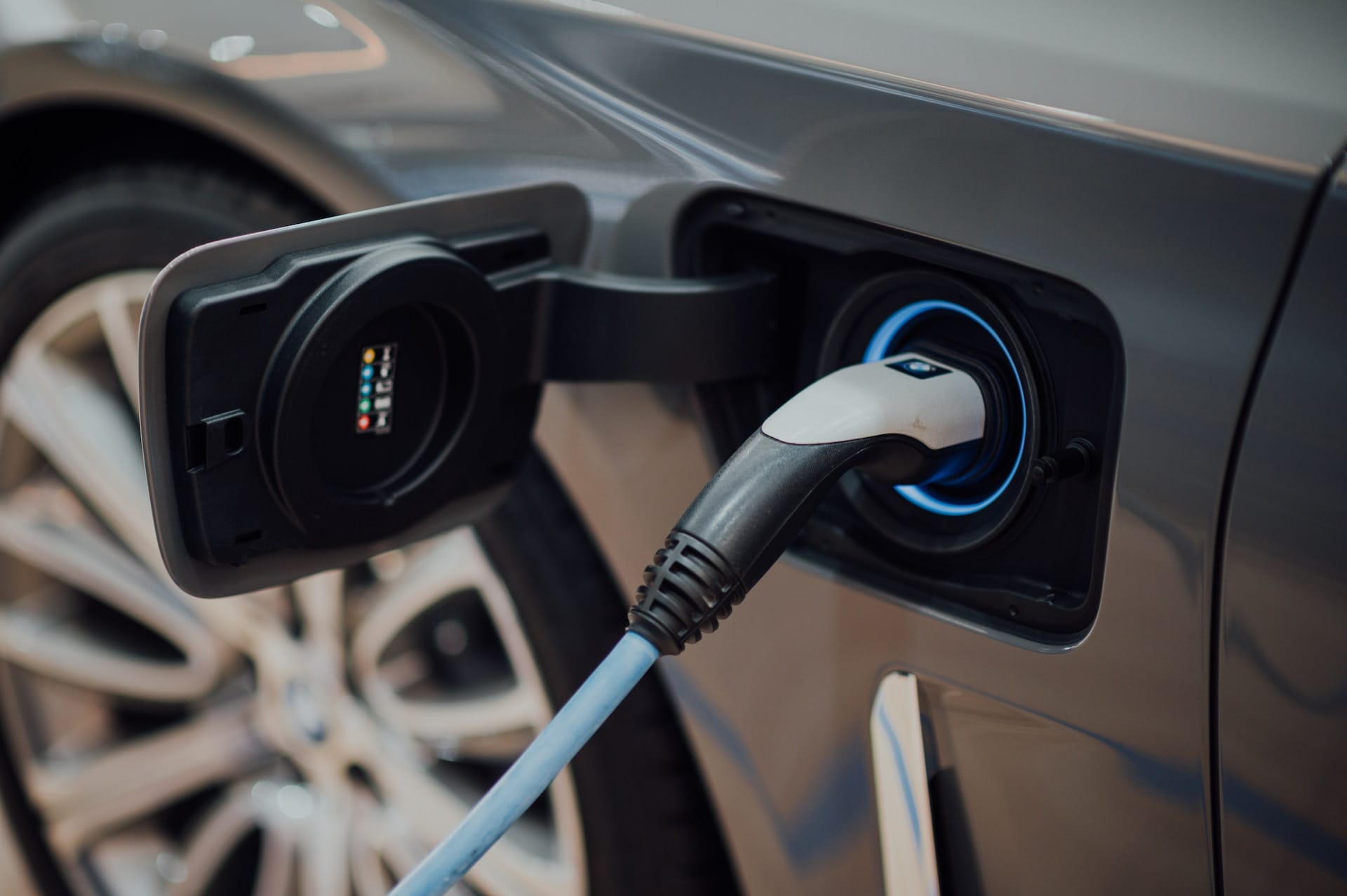Paccar Incorporated, a nationally renowned truck manufacturer, has recently created a partnership with Toyota Motor Corporation. These two companies have created their partnership in order to produce fuel cell electric Class 8 trucks within the North American automobile market.
Paccar’s chief technology officer, John Rich, made the announcement to collaborate with Toyota at the Advanced Clean Transportation Expo. His keynote address highlighted the fuel cell electric versions of the heavy-duty Kenworth and Peterbilt models. Each model is projected to enter production in 2025. Rich notes that the hydrogen cells allow for the best zero-emission technology solution for long-distance Class 8 trucks. These trucks are looking to improve the range, weight, capacity, and refueling downtime.
Paccar and Toyota already have an existing partnership to collaborate with one another to produce fuel cell trucks in Southern California. This partnership had worked to create ten fuel cell tractors in port drayage operations. Rich does note that the fuel cell tractors being deployed are not an experiment, they are not only ready to be purchased and deployed, but have the same expectations of a diesel engine.

In order to see how much production this is expected to receive, Paccar is taking deposits for fuel cell truck production slots in 2025. The Paccar dealership network will be handling the selling and servicing of the fuel cell electric trucks.
Kenworth had displayed a fuel cell electric version of their T680 Next Gen day AB tractor at the ACT Expo show floor. This fuel cell truck is equipped with Toyota’s second-generation dual fuel cell module. Kenworth’s chief engineer, Joe Adams, specifically pointed out the importance of Toyota’s long line of experience in their development of fuel cell technology. Thanks to Toyota’s experience, the T680 comes with an extended vehicle range, and the hydrogen refilling takes around 20 minutes. Thankfully, the truck comes with operating characteristics that mimics a Diesel engine, with none of the emissions.
The executive program manager for advanced mobility at Toyota Motor North America, Chris Rovik, notes the production version of the fuel cell electric Kenworth T680 shows the combination of multiple versions of trucks that are co-developed by their companies. Rovik points out that they have been working to improve the packaging efficiency, which will allow the power plant to be dropped in on the production line that is already established.
Kenworth also decided to display their battery electric T680E model at the recent ACT Expo. The model exhibited an impressive range of 150 miles. Furthermore, the vehicle has already had some success, having been on the market for two years already.

Just some information about these hydrogen fuel cell trucks, which come as a commercial, municipal, military, or personal heavy-duty work vehicle of any size or weight. Each vehicle uses an electric propulsion system, which uses hydrogen fuel cells as their primary energy source – hence the name: hydrogen fuel cell trucks.
There are many advantages to using hydrogen in order to propel an engine. Most significantly, hydrogen burns cleanly, without any carbon emissions. This means the air will become cleaner, and the vehicles produce less hazardous toxins to lung health. Furthermore, the hydrogen fuel cell trucks have been proven to be comparable or even better in some cases than a diesel or compressed natural gas truck. Finally, this form of transport would be considered renewable, turning away from fossil fuels.
However, with these advantages comes the disadvantages as well. First of all the extraction of hydrogen is difficult, as it does not exist on its own, needing to be extracted from water through electrolysis. Furthermore, there is a high investment required in order to use this form of energy. This high investment leads to a high overall cost for consumers to purchase the vehicles.

Overall, Paccar and Toyota are planning on taking the hydrogen fuel cell trucks to market, and have plans to produce these vehicles heavily by 2025. There are many advantages and disadvantages to this form of transportation, which must be considered before heavily investing in hydrogen fuel cell vehicles.
Ship A Car, Inc. (SAC) is prepared to be your dependable partner when it comes to the painstaking work of relocating a new fuel cell vehicle. Our incredibly skilled crew is committed to smoothly guiding you through each stage of the procedure. Contact our business and speak with one of our trained customer service specialists to start your journey without stress. Your new fuel cell vehicle will be transported with the highest care and accuracy by SAC, who takes pleasure in managing all the logistics. To benefit from our first-rate service and begin your hassle-free automobile transportation procedure, get in touch with us right away at (866) 821-4555.




